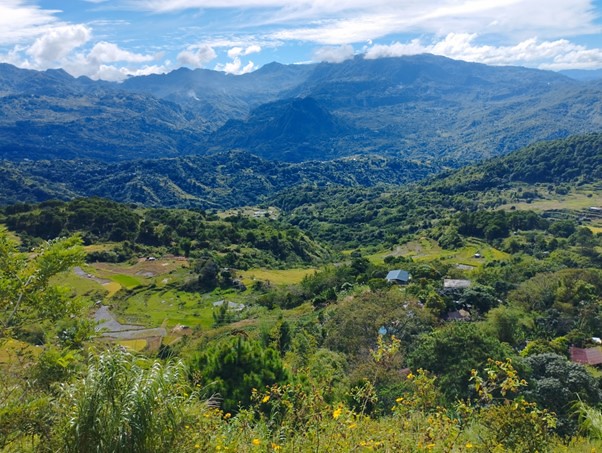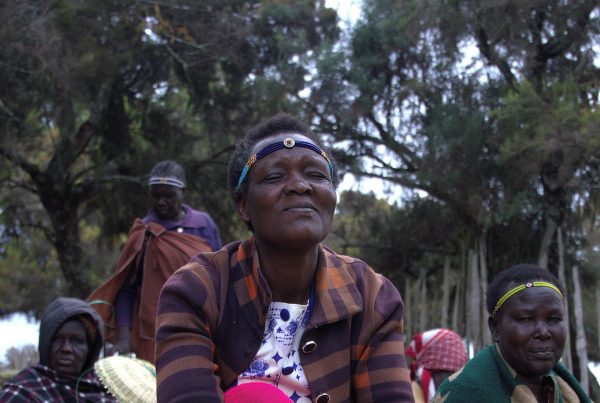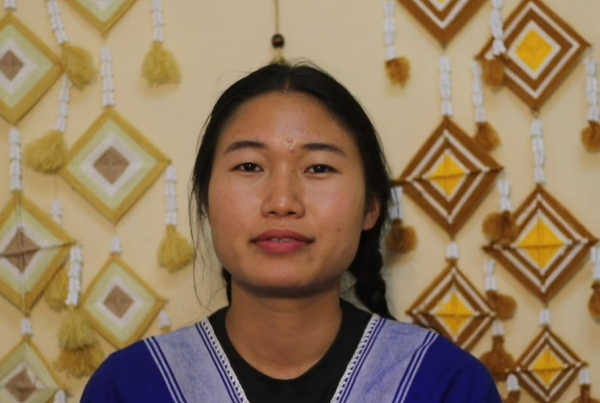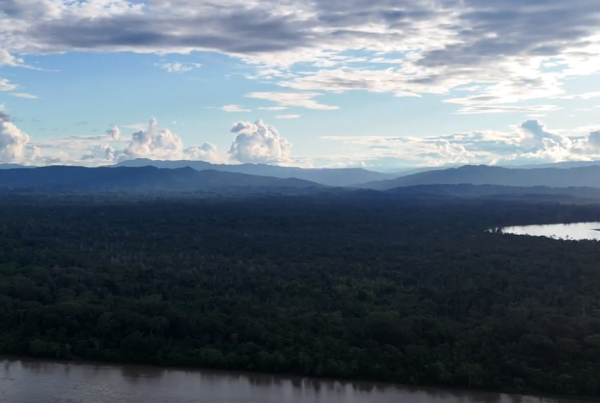This survey presents an overview of the current legal framework on indigenous peoples’ rights in the Philippines. It historicizes the legal recognition of indigenous peoples’ rights, including territorial rights in Philippine national laws and explores how this finds interpretation through a review of existing jurisprudence (presented as an enumeration of case digests) that relates to the Indigenous Peoples’ Rights Act (IPRA). Some attention is provided for cases situated in Baguio City, Benguet and Mountain Province, presented as its own section. As an outtake, it reserves a brief section on the observations of the Commission on Human Rights and its Indigenous Peoples Human Rights Observatory.
The survey is informative in what it implies of the issues that involve IPRA and indigenous peoples. The cases illustrate the conflicts that impede its implementation and the issues that beset indigenous peoples. These can serve to propose policy fixes and interventions to realize the aspirations of indigenous peoples. There has been some shift in the appreciation of the Courts of the rights of indigenous peoples, from the early legal pronouncements exemplified in People v. Cayat almost a century ago (1939), wherethe court made a distinction on the rights of indigenous peoples, rationalizing “[t]his distinction is unquestionably reasonable, for the Act was intended to meet the peculiar conditions existing in the non-Christian tribes… cannot affect the reasonableness of the classification thus established” (pertaining to alcohol consumption), to the 1987 Philippine Constitution, which expresses the state policy to recognize, promote and protect the rights of indigenous cultural communities within the framework of national unity and development. While the legal recognition of indigenous peoples’ rights has indeed progressed, it remains, however, not unchallenged.
Dashed line
Type: Report
Region: Asia
Country: Philippines




